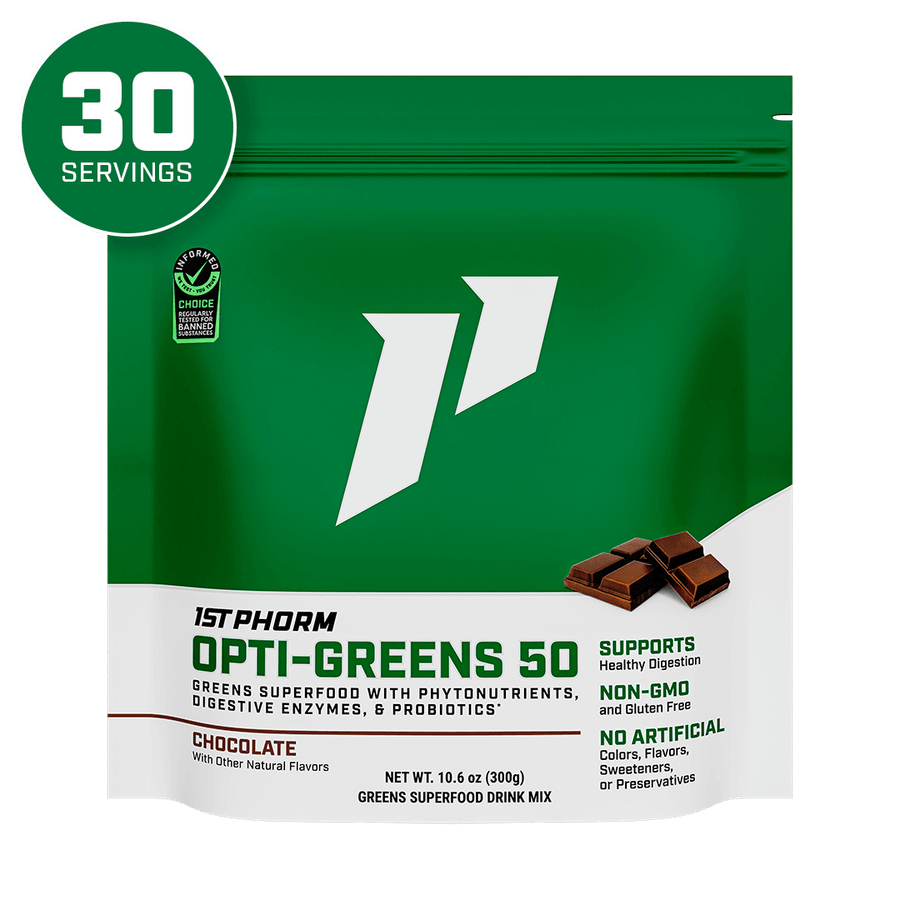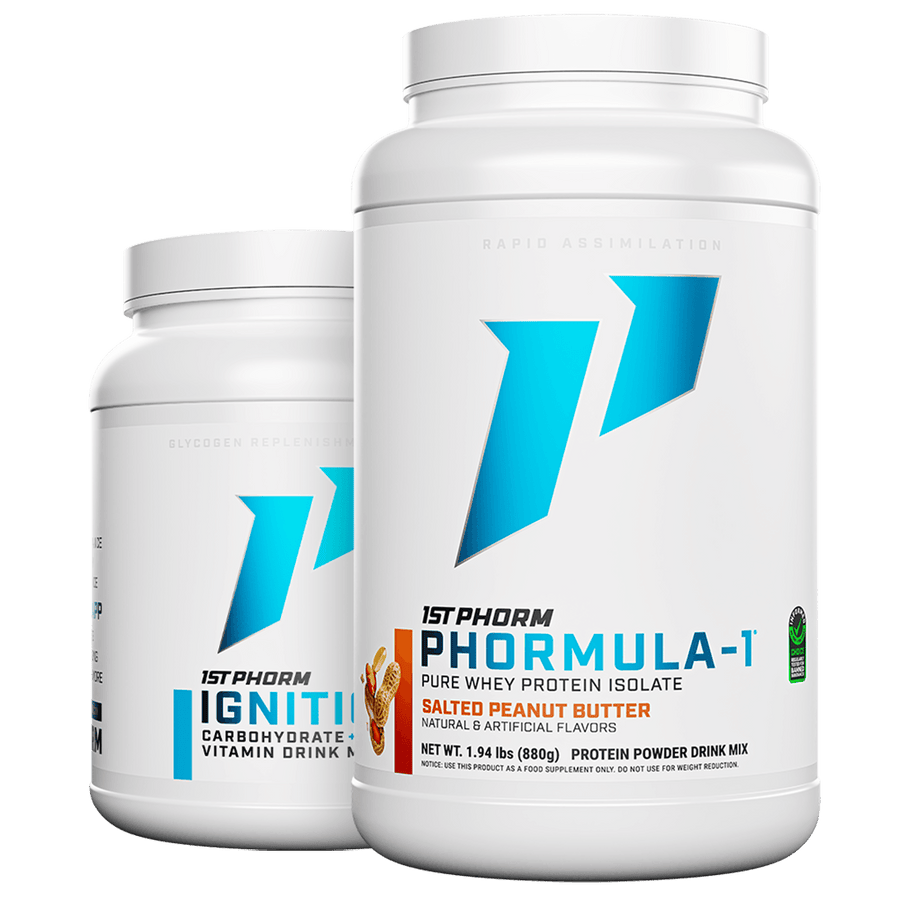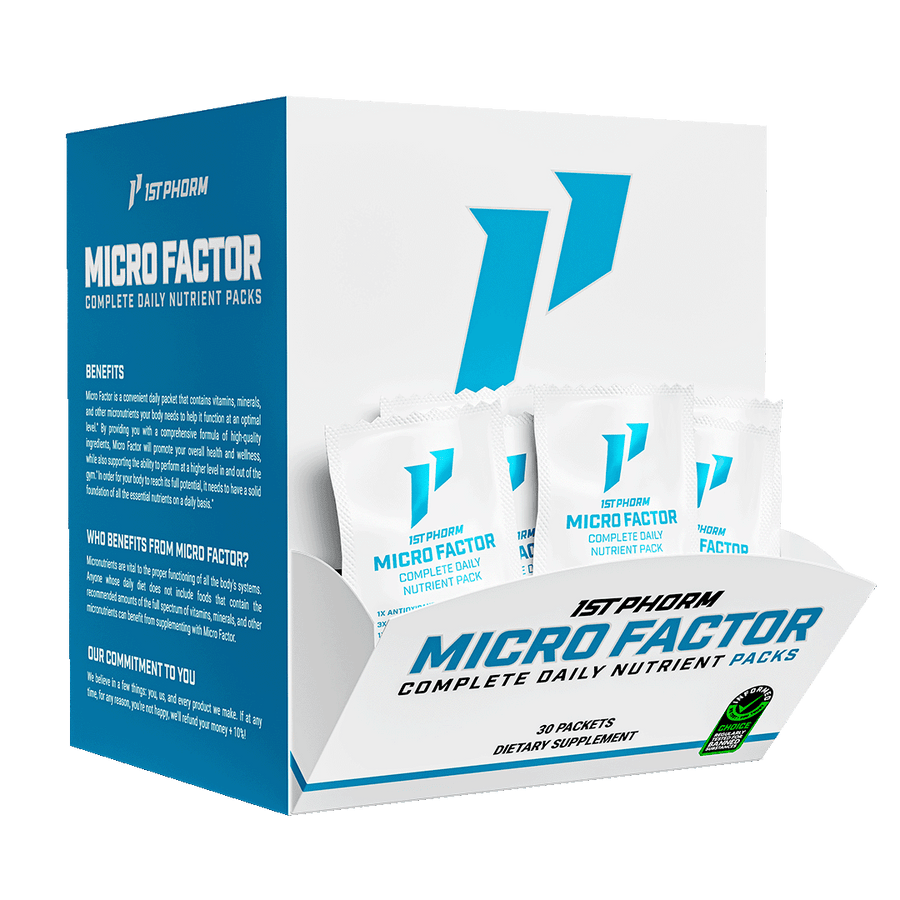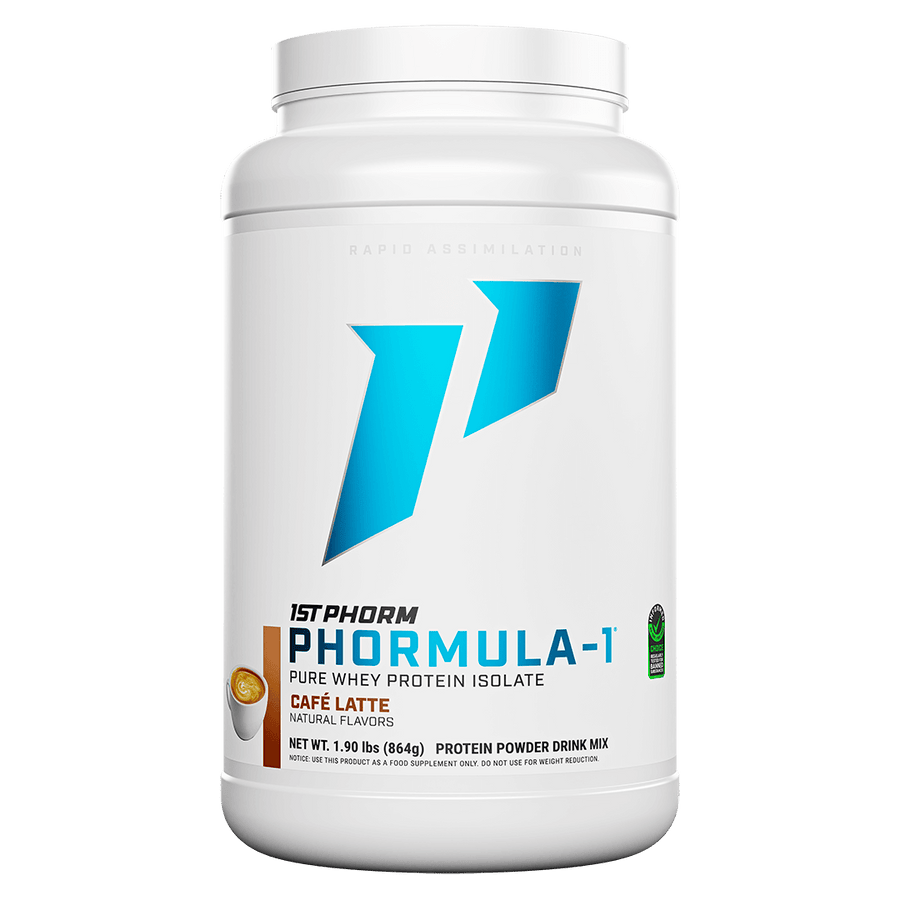Eye care supplement
I stand by this brand with my entire heart! Recently my eyes have been so red and irritated; taking these supplements I noticed the color of my eyes have become more clear, the iris becomes more blue, my eyes do not dry out as quickly and feel more full. Noticed I do not get as many headaches throughout the day!
Will continue this supplement for the rest of my life!








